LIFE
SA’s young ones on being 20 in 2021: We’re old enough to know better but young enough to try again
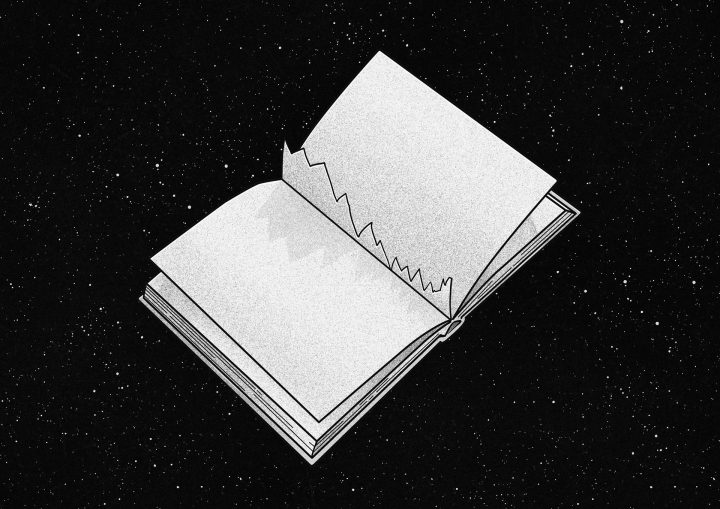
Can you remember when you were 20 years old? Perhaps it was just the other day or just the other decade? What did society look like? Was the economy booming? What music were you listening to? What films were you watching? What books were you reading? What did you believe in? What were you fighting for? What were your fears, your hopes, your dreams?
Being 20 can be a melting pot of emotions and experiences: time is on your side, ambition often pumps through your veins and you live and breathe opportunity. It can also be a time of defining and redefining, creating and recreating.
A time for finding your spot in society as industrial psychologist, Yolande Holloway (28) says: “The best parts of being 20-something are getting to know the different parts of yourself as you inevitably step into new life roles; finding what it is that makes you tick and gives meaning to your life; and realising that the world is so much bigger than our teenage, often highly self-conscious selves had us believe. Your 20s certainly puts a lot of things in perspective.”
But having one foot in adulthood and excavating (often reluctantly) the other from teendom, can also be a confusing and stressful transitioning phase in life.
Today there are almost 10,5 million (10,442,757 total) people in South Africa aged between 20 and 29 years old, according to the 2019 mid-year population estimates released by Statistics South Africa.
The country’s unemployment rate currently sits at an all-time high of 7.2 million people with these rates concentrated among the youth – an affliction South Africa has been nursing for years, exasperated by the Covid-19 pandemic.
Gender-based violence (GBV) and femicide continue to plague the nation, referred to by President Cyril Ramaphosa in 2020 as the “second pandemic”, which is also exacerbated by Covid-19.
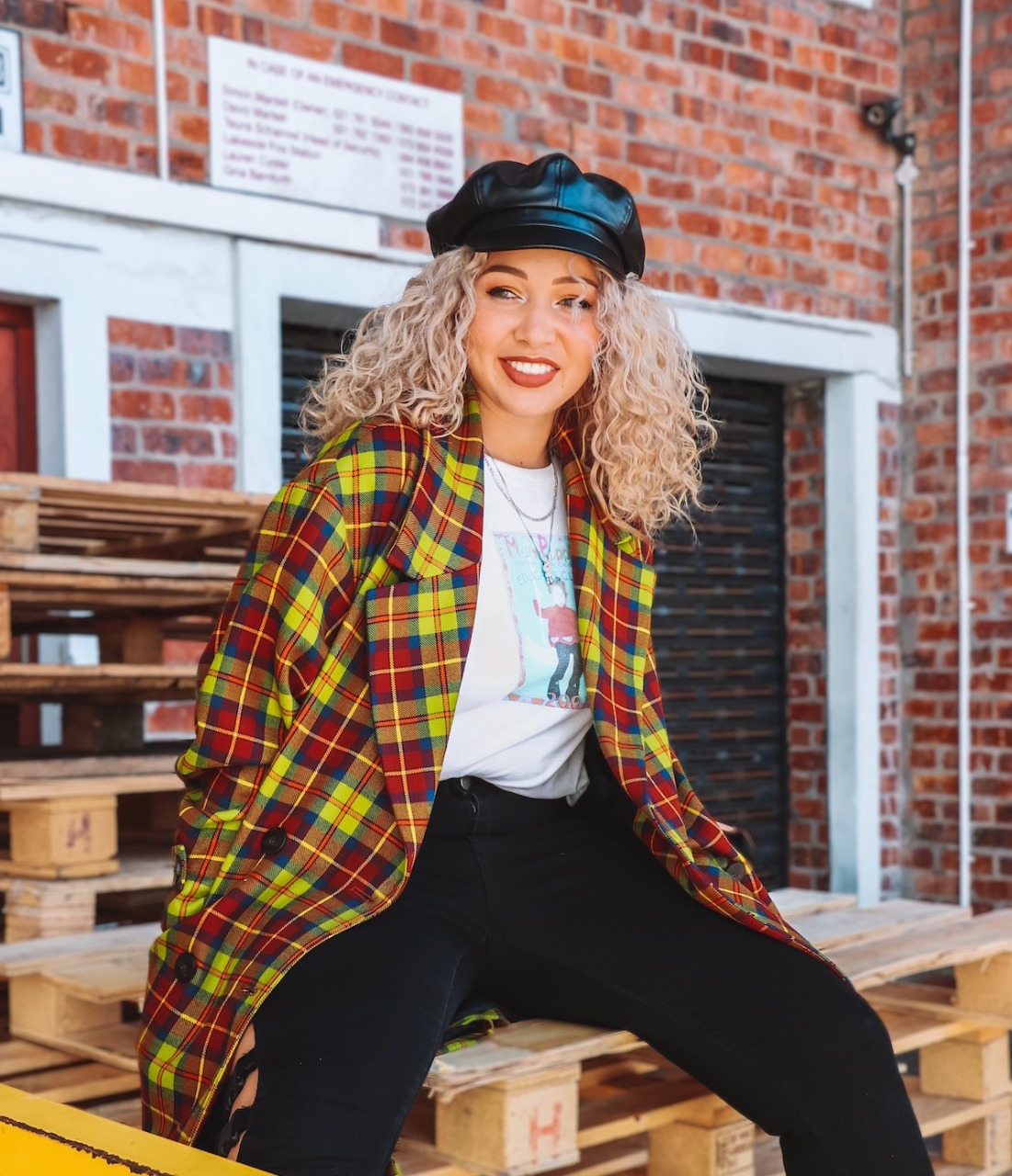
Zoe Human (23)
“Being 20 in 2021 is just so difficult. Especially if you have been spending the last five, four or three years of your life preparing for the working world and now especially where employment levels are so low, I think it is very difficult for our generation to ‘come-up’ in the world after all the expectations we have been ‘sold’, versus the reality we are currently dealing with,” says Cape Town social media and digital manager for the television show Afternoon Express, Zoe Human (23).
Third-year digital content creator and freelance makeup artist from Johannesburg, Mbali Christina Mahlangu (20) says that being 20-something in 2021 is full of uncertainty. “Uncertainty regarding how to navigate life and grow as an individual while in a pandemic. You never truly know what to do with yourself sometimes, which can be depressing or sometimes make you feel lonely.”
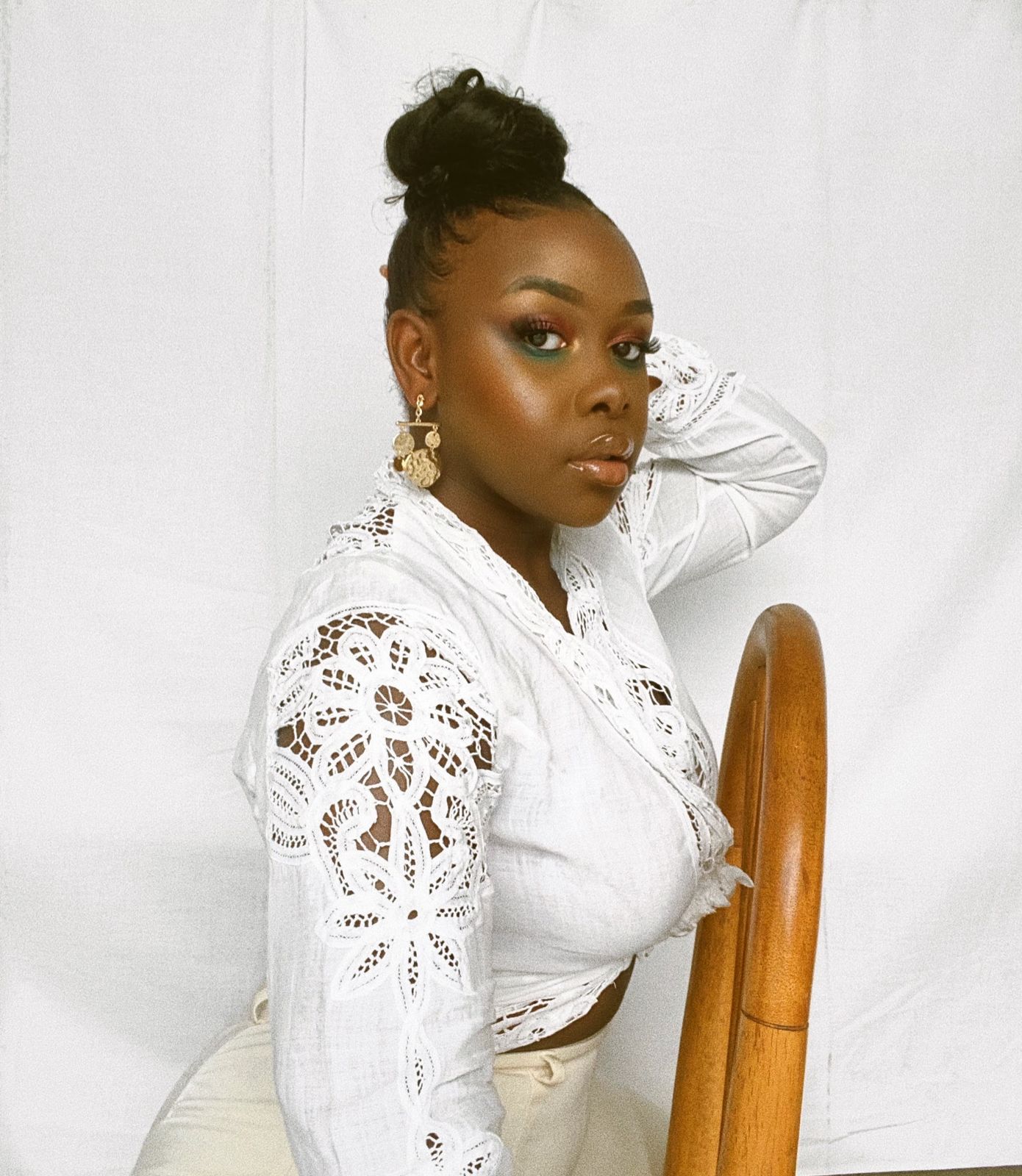
Mbali Christina Mahlangu (20)
Mwalimu Nkosi, a 20-year-old drama student from Germiston, describes his experience of being on the cusp of adulthood but still firmly in youth’s grip as “painful”. “We are becoming adults soon, however what’s left of our ‘youth’ is being discarded due to the pandemic. I believe we are missing out on essential experiences that build you as a person – and it’s really unfortunate.”
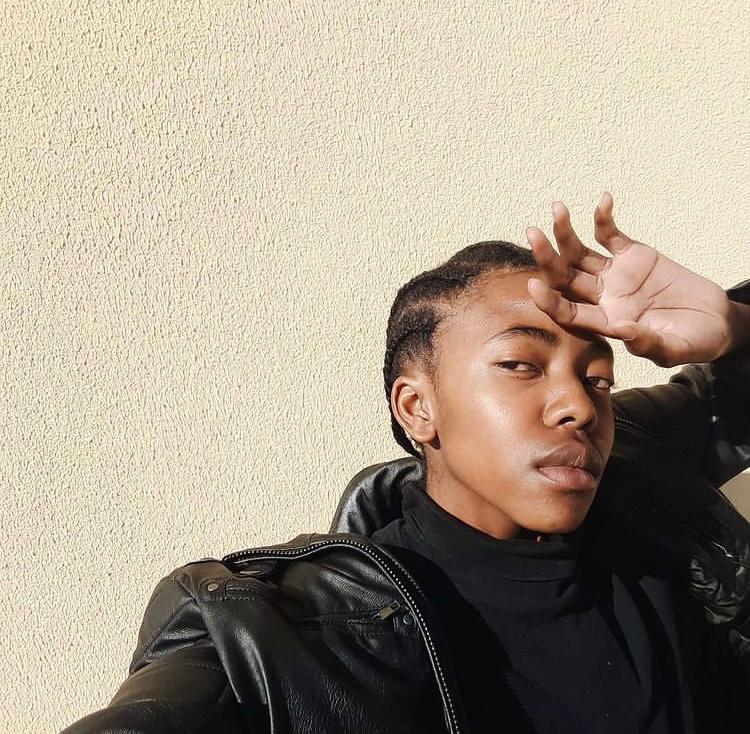
Mwalimu Nkosi (20)
An anxious phase of life
In a press release, the South African Depression and Anxiety Group (Sadag), reported receiving “more calls since the start of lockdown from people feeling anxious, lonely, worried and depressed. Many callers are stressed about a combination of issues including the spread of Covid-19, finances, relationship problems, job security, grief, gender-based violence and trauma”.
“Covid-19 and the lockdown has affected many South Africans, and it has had a serious impact on people living with a mental health issue often making their symptoms more heightened. Sadag has been receiving calls from people with no history of anxiety or depression who are feeling overwhelmed, anxious and stressed,” says Sadag’s operations director Cassey Chambers.
In fact, in an online mental health survey of 1,214 respondents, the biggest challenges experienced during lockdown were found to be anxiety and panic (55% of respondents), then financial stress and pressure at 46%.
Gqeberha (formerly Port Elizabeth) freelance photographer, videographer and content creator Kgosi Motsepe (29) says he’s always anxious. “The pandemic has made things harder because it’s difficult to form a clear picture of the future and make solid plans with everything happening in the world. What helps me deal with that is trying to exist in the present more and appreciate life as it is. The only thing I’m certain of is that I’m getting older, so I might as well enjoy what I have while I have it,” says Motsepe.
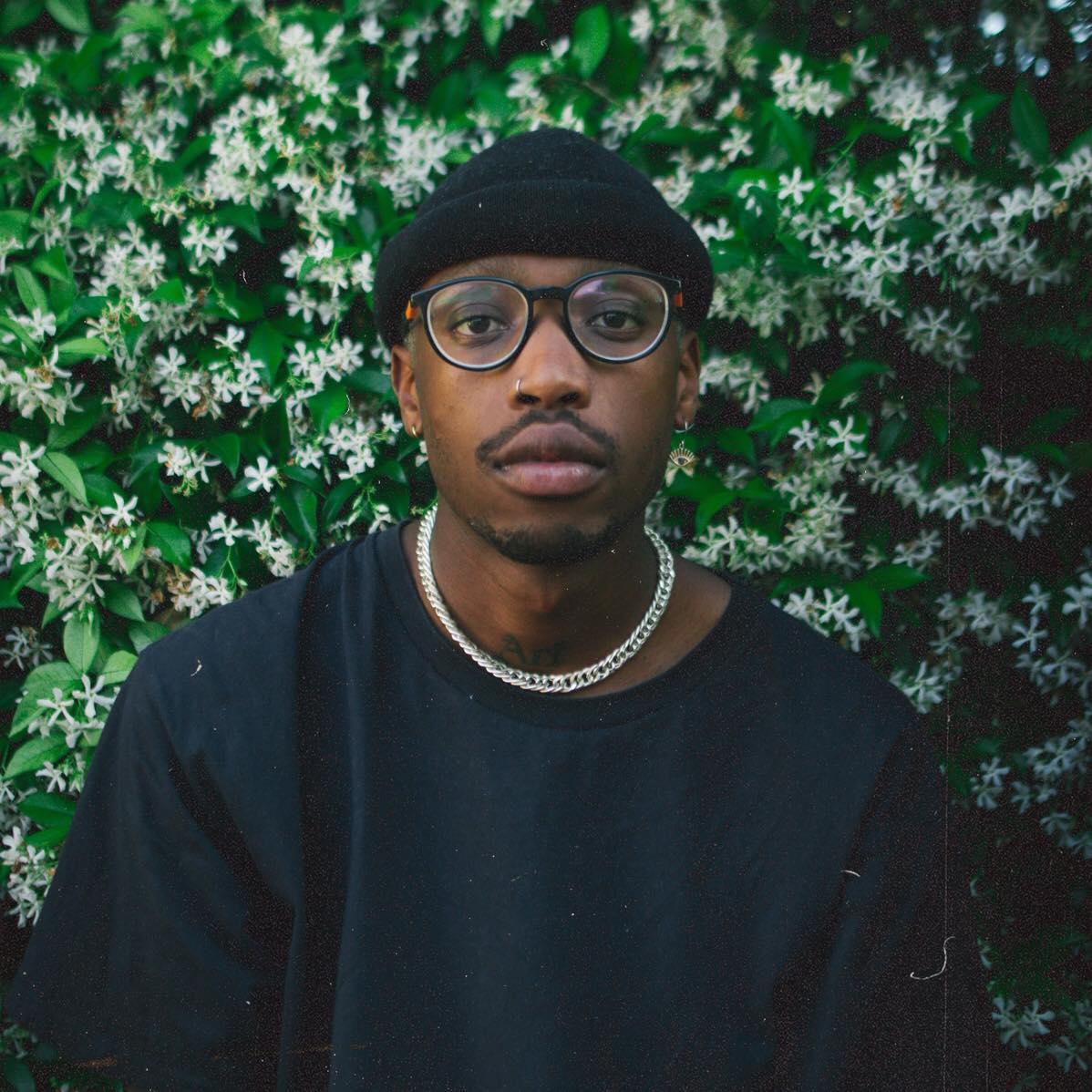
Kgosi Motsepe (29)
Nkosi echoes these feelings, expressing that it is the “uncertainty of everything” that fuels his anxiety. “I feel anxious every single day. It’s wondering if I’ve chosen the correct career path. It’s wondering if I’m on the right path to fulfilling my purpose here on Earth. It’s wondering if I’m ‘going to make it’. Moreover, we’re in a global pandemic that already causes so much anxiety especially when you sit alone with your thoughts 24/7 in your room. It’s very depressing and literally puts your mental health at an all-time low.
“However, I deal with it by reminding myself I’m not the only one going through what I’m going through, in fact, there are people going through much worse. It also helps to speak about it to the people you trust and letting out your frustrations and thoughts. I also pray about it – and believe that everything happens for a reason and happens in its own time; that everything will work out in the end,” he says.
Mahlangu feels there are many reasons to be anxious: “I do sometimes feel anxious about the future. Aspects such as global warming, racism and poverty make me anxious about the state of the world and whether we are progressing or regressing as a society. On a personal note, I feel anxious about my safety as a woman in South Africa and whether or not that will ever be taken as seriously as we have been protesting for.”
But, she deals with her anxiety through meditation. “I make sure I meditate every day, even if it’s for five minutes. What also helps me with anxiety is practicing self-love, whether it be talking to friends who make me happy, watching my favourite YouTubers/TV shows, eating good food, shopping online which usually ends up with me just filling my cart and not checking out or telling myself how beautiful I am. That helps me find peace within myself.”
Based on her field of study and work as an industrial psychologist private practice, Yolande Holloway (28) says a large amount of the stress and anxiety that 20-somethings are feeling is due to the transition from one phase of life into another – and the Covid-19 pandemic has just exacerbated these feelings.
“A life transition, at any age, can be stressful and anxiety-provoking. Especially during early adulthood, 20-somethings are confronted with numerous and sometimes simultaneous life transitions. Being in your 20s, you may not yet have established the necessary coping strategies and resources to help you navigate these transitions. Additionally, most 20-somethings face considerably increased levels of responsibilities and pressures than what they were previously used to. Considering all of this, 20-somethings are understandably a vulnerable age group. It can be a very overwhelming developmental stage that could trigger mental health issues including, anxiety or depression, among others,” says Holloway.
‘Kids these days’
Speaking to some of the most common stereotypes of this age group that Nkosi says he has experienced reference to 20-somethings being “lazy, disrespectful, and we think we know too much”.
“In my household, the most common stereotypes about the younger generations is that we’re lazy, reckless, conceited and obsessed with our phones. I’m ‘obsessed’ with my phone because that’s where my work is but honestly, I think for pleasure, my family spends far more time on their phones than I do,” says Human.
For Motsepe and Mahlangu, it’s hearing about the fact that 20-somethings are “too sensitive”. “I think a lot of older people need to understand that we’re trying to create an accountable society while also doing what’s best for each of us individually,” Motsepe observes, while Mahlangu adds: “I think in many ways this quality of being sensitive has assisted us in actively fighting against systemic injustices which have been normalised or previously have not been challenged by the masses. To an extent, these stereotypes are founded but I think it’s within reason, as our sensitivity regarding certain global issues have allowed us to become more educated about topics such as misogynoir, cultural appropriation, feminism, colourism, transphobia and many more. All of which have existed in society for centuries, but in my opinion, it is now being openly and unapologetically magnified as the discourse we need to be prioritising in order to inflict any sort of change.”
Job-stealing robots and social media
Twenty-somethings entering the job market these days don’t only have each other to contend with but artificial intelligence too. In a report published on CNBC titled These American workers are the most afraid of A.I. taking their jobs, “37% of workers between the ages of 18 and 24 are worried about new technology eliminating their jobs”.
Mahlangu says she battles to find a healthy balance between what society and social media wants you to view as ‘success’ and what you personally want to achieve in life in order to be ‘successful. “I think there are many times, especially because of social media, where we compare our journey in life to others and sometimes our own value to influencers. This can be very mentally exhausting and finding a healthy balance between real life and life on social media is a challenge 20-somethings face today.
“I think we should be concerned, to a certain extent, of technology or machines taking our jobs one day, however, there are a lot more new careers that have been created this past century that didn’t even exist before, so I think investing in these new ‘unconventional’ jobs that rely on human interaction or engagement will help combat any fear of machines taking over the workplace.”
Motsepe says rather than being afraid of technology or having our jobs taken by machines, we should learn to use it to our advantage and for the good of others. Holloway mirrors Motsepe’s sentiments, adding that continuous upskilling and ability to adapt will be essential to remain competitive in an environment where in-demand skills change rapidly. “I don’t think we need to be scared. However, we really need to be cognisant of these changes within the workplace and align ourselves, our skills, competencies, and careers accordingly. There is no doubt that automation and artificial intelligence is increasingly changing the world of work and the job market as we know it. Yes, many jobs will be automated and made redundant but, simultaneously, many new jobs will emerge,” says Holloway.
“I believe that change is scary. And technology will definitely bring a lot of change. However, change is necessary sometimes. We cannot stay stagnant and as we evolve as humans, there are constant discoveries that allow life as we know it to become easier. But, for me personally, I’m not scared of technology taking over our jobs one day. I am in an industry that needs human beings to function because I mean – surely we cannot be watching robots act and perform right?” says Nkosi, referring to his studies in performance and theatre.
Hope for the future
Unemployment, gender-based violence, technology, expectations, stereotypes and Covid-19, given the challenging landscape South Africa’s 20-somethings have been tasked with traversing in 2021 and their anxieties attached to this, hope, excitement and perseverance still prevails.
“My personal hopes for the future is to live in a society which values and fights for the injustices and prejudices experienced by minority groups. I also hope for a Covid-free world, where we do not have to live in fear everyday of the unknown or social distance ourselves from our loved ones. In terms of career, I hope to one day change the white-washed standards of beauty in the cosmetics industry and hopefully collaborate with major fashion and beauty houses that have agency to influence the masses on a global scale such as Vogue. In life, I hope to always continue to value aspects of the real world which give me joy such as my relationships with my mother, sister and friends, travelling and exploring my creativity in makeup, photography and performance,” says Mahlangu.
Human adds, “I think the main benefit about being 20-something is that you are allowed to fail now. This is your moment to try something and then try something new after that if it doesn’t work out. As you get older, you have to start thinking about loved ones if you have them and settling down and preparing for your future. I mean, even today my parents are still trying to trap me into this mentality but really, you can do anything right now in this moment if you are 20-something. Now is the ideal moment to take risks.”
That notion of having the time to take risks, to try things, to explore life, to fail and start again is a common thread throughout the conversations; Mahlangu puts it this way: “Some of the perks of being 20-something is having the luxury of time. Even though there might be pressure from society or family to ‘get your life together’ and find a job, I feel like there is still time for me to grow in any and every aspect of my life, whether it be spiritually, mentally, financially, and allow myself the time to experience everything and anything with no personal pressure. Another perk is being young! I think there are certain responsibilities to uphold when you’re a young adult but appreciating and taking advantage of your youth and the range of opportunities we have access to is something to cherish. Some of us do have the ability to relocate anywhere we desire without the immediate concern of having a family which should be taken advantage of.”
“Being 20-something in 2021 can feel a bit like a blindfolded, seesaw ride. Having just gone through 2020, there is a sense of careful optimism and hope for better days ahead as we continue to navigate our first decade of ‘adulthood’. Unfortunately, we really have no idea and the best we can do is to prepare to kick against the ground should the seesaw be heading in that direction,” says Holloway.
Motsepe concludes: “In the words of (British rapper) Wretch 32, “we’re old enough to know better but young enough to try again’”. DM/ ML

















 Become an Insider
Become an Insider
Comments - Please login in order to comment.